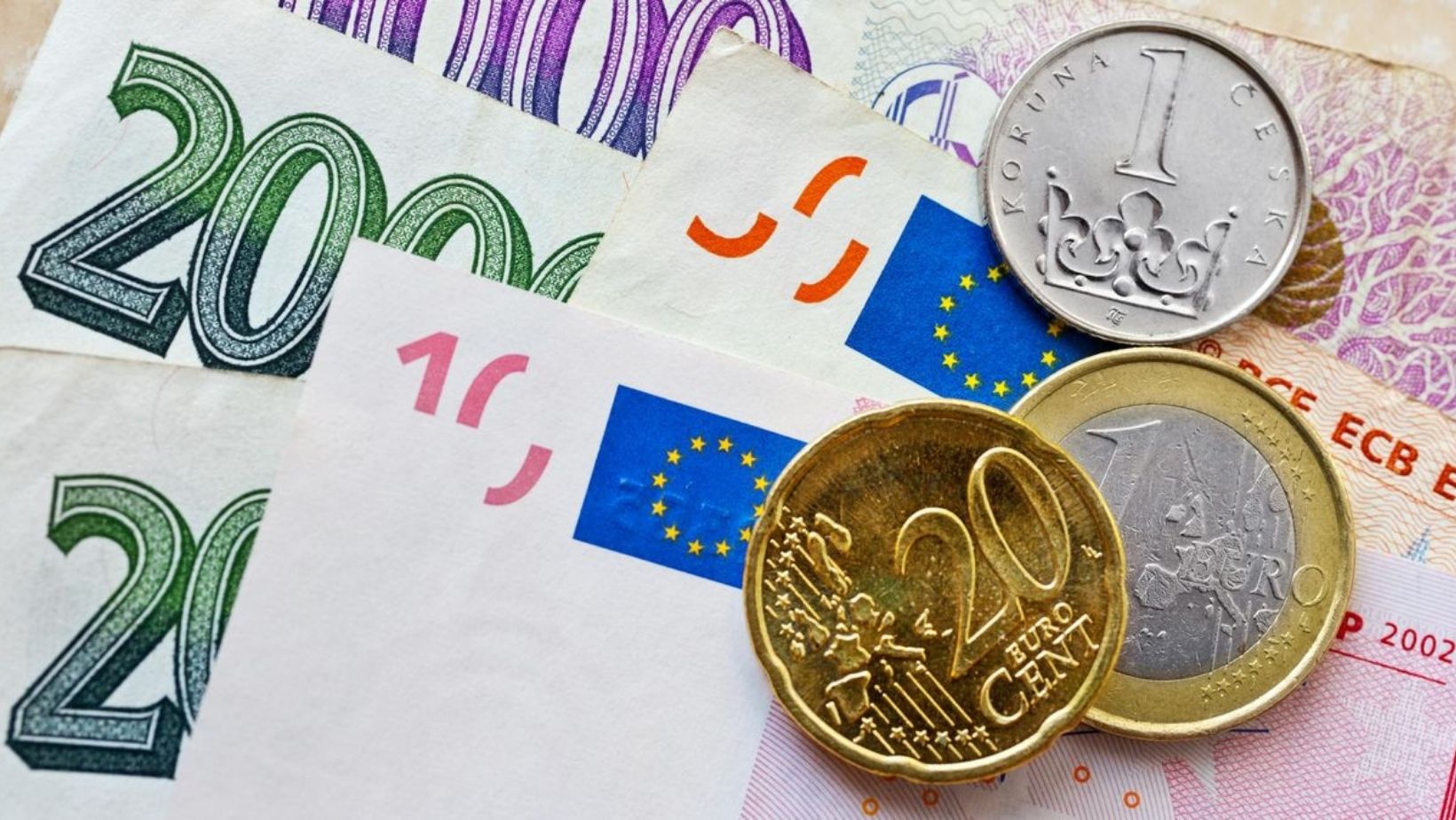Czech Minister for European Affairs, Martin Dvořák (STAN), has appointed economist Petr Zahradník as the national commissioner for joining the European Exchange Rate Mechanism (ERM II) and adopting the euro.
Renewing the position of the national coordinator for the euro has been under discussion within various government parties, spurred by President Petr Pavel’s New Year’s speech regarding the potential adoption of the common European currency.
While the ruling parties – STAN, KDU-ČSL, TOP 09, and Pirates – are supportive, the Civic Democrats hold a negative stance.
Zahradník, a specialized economist and analyst focusing on the European Union, has been appointed to encourage a public debate on the benefits and risks of adopting the euro, according to Dvořák’s press release.
The new commissioner’s primary responsibilities include engaging in expert discussions on meeting the Maastricht criteria, monitoring and analyzing economic aspects of eurozone entry, and providing expert support to Dvořák.
The minister’s press office states that the position is established for an indefinite period without additional financial costs, as Petr Zahradník already serves as an adviser to the minister.
Dvořák expressed optimism, stating, “I believe that thanks to the new commissioner, we will be able to address main objections from the professional public and convince as many citizens as possible that meeting all the Maastricht criteria is in the interest of all of us, as the government committed to in its program statement.”
To join the euro area, a country must fulfill four criteria:
1. Price stability
The inflation rate cannot be higher than 1.5 percentage points above the rate of the three best-performing member states.
2. Sound and sustainable public finances
The country should not be under the excessive deficit procedure.
3. Exchange-rate stability
The country has to participate in the exchange rate mechanism (ERM II) for at least two years, without strong deviations from the ERM II central rate and without devaluing its currency’s bilateral central rate against the euro in the same period.
4. Long-term interest rates
The long-term interest rate should not be higher than two percentage points above the rate of the three best-performing member states in terms of price stability.
-
NEWSLETTER
Subscribe for our daily news





